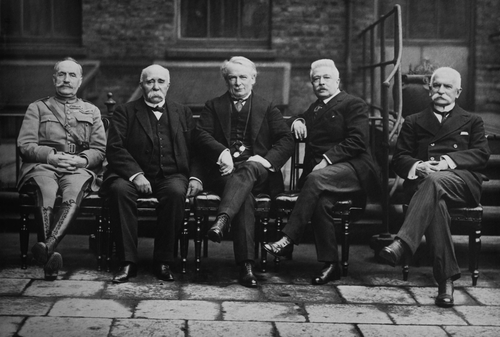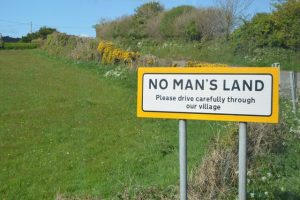
When the peacemakers known as the big three had finished there plans in Paris, they went to the palace of Versailles 16km from the capital. This is the place where Germany were forced to sign a diktat which was a forced treaty, on the 28th June 1919. The first 26 clauses of the Treaty were rules set by the League of Nation, which was a community where all the leader of the counties came together in base in Switzerland to discuss important matters involving trading and money. Wilson insisted on the inclusion of the League as he though it would be able to sort some extremes later on. Wilson believed the treaty was simply to harsh on Germany, David Lloyd George, he felt that the treaty was too harsh and predicted that another war would break out in another 20 years. However Georges Clemenceau however believe the the Treaty wasn’t harsh enough as Germany had done a lot of damage to France in the world war and there neighbouring country Belgium. Germany were punished in the following ways.
They lost a lot of its land, it lost 10% of all there land and colonies,12% of its population and 16% of all there cornfields which were mostly iron from the steal industries. They lost a land such as Eupen and Malmedy them area were given to Belgium, North Schleswig given to Denmark. France received the coal mines in the Saar Valley for 15 years and Alsace and Lorraine were given back to them. All land taken from Russia by Germany in 1918 was return. Some of this land was made into new nations such as Estonia, Latvia,Lithuania and Poland. The ‘Polish corridor’ was given to Poland given them access to the sea. Upper Silesia was divided between Germany and Poland. The union of Germany and Austria was forbidden this was know as Anschluss. Due to the League of Nations all Germany’s colonies were surrendered and given to victorious powers.
They also lost a lot of military restrictions such as their army was reduced to 100,000 men, the making or ownership of tanks and military aircraft were forbidden.The Navy was limited to 15,00 men and they were only to have 6 battle ships and no submarines. The Rhineland was to be a demilitarised zone.Even though it still belonged to Germany no troops nor weapons were allowed in 50km of the Rhine river. Allied troops were to occupy this area for 15 years but had left by 1930.
Germany had to take full responsibility for the war in the War guilt clause which was clause 231. This gave the allied to be allowed to demand Germany for reparations for the damage that Germany caused. It was also a moral condemnation of Germany actions. Feeling hatred and revenge in the victorious counties were great and reparations were set at £6,600 million.
The previous methord of keeping peace had failed and so the League of Nations was set up as an international police force.





